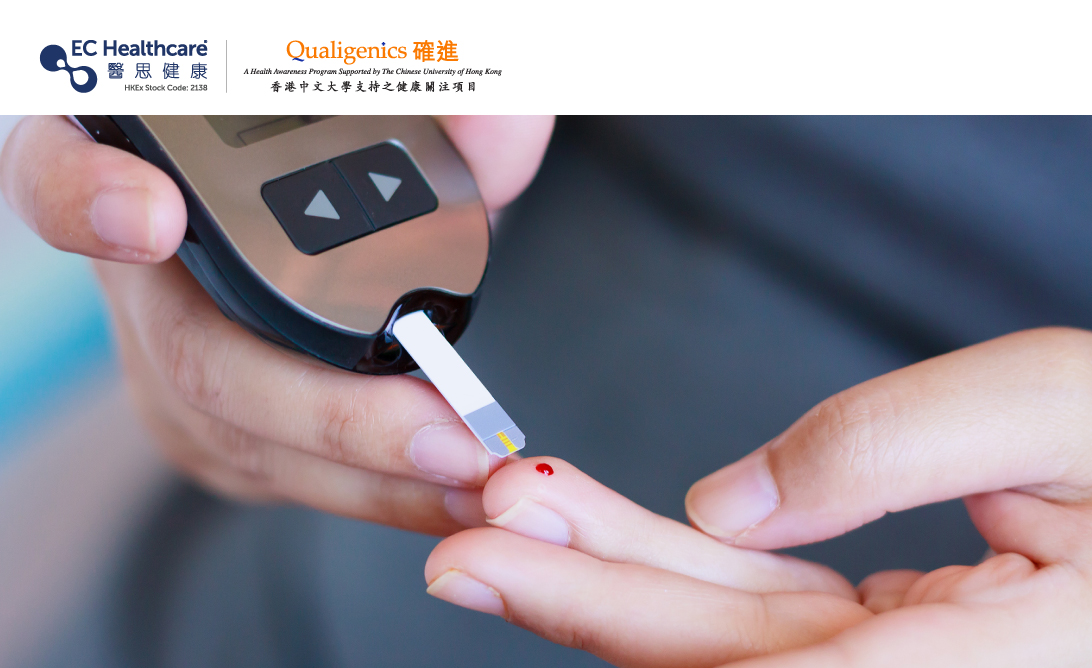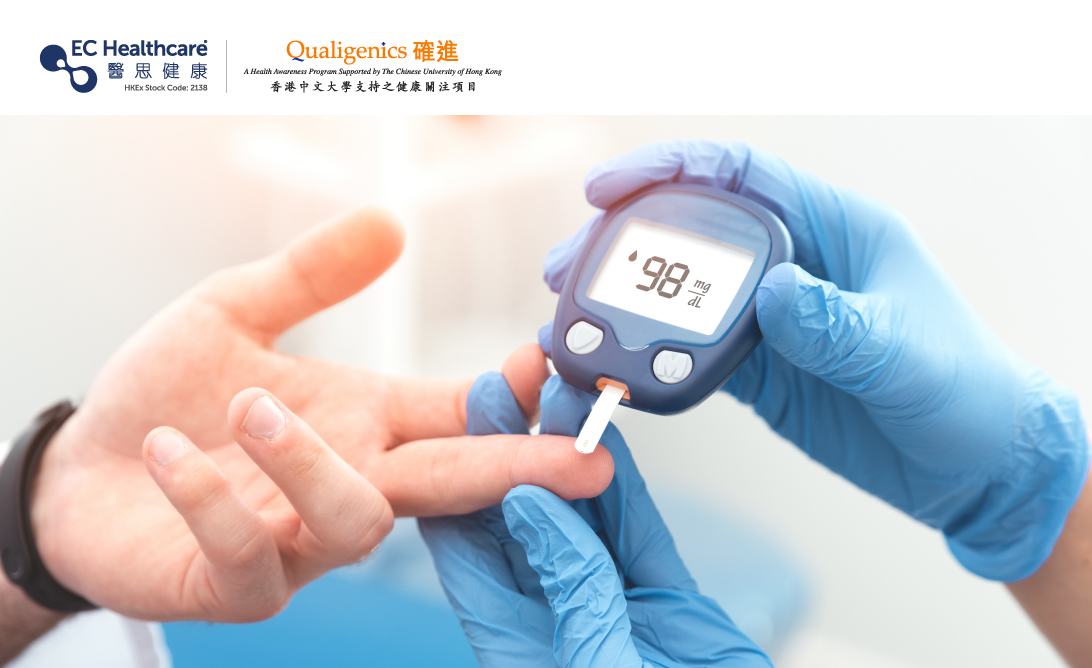Understanding the Risks of Low Blood Sugar: Dizziness, Trembling, Weakness, and the Potential Impact on Heart Health


Walking down the street, suddenly experiencing dizziness, trembling hands, and weakness in the legs. Thinking that a momentary rest will suffice? However, if the body starts to feel feverish, break into a cold sweat, and vision becomes blurry, it could be a low blood sugar (or a hypo) episode!
Why Does Hypo Occur?
When blood sugar levels fall below 4mmol/L, it is considered low blood sugar. However, low blood sugar is not commonly seen in healthy individuals. Most cases occur due to long-term malnutrition, irregular eating patterns, inadequate energy supply due to hunger, improper dosage of low blood sugar medications or insulin in diabetes patients, or can occur with improper diet or exercise. Additionally, individuals with anemia, pancreatic tumors, adrenal insufficiency, endocrine abnormalities, or heart conditions are also at risk of experiencing low blood sugar.
Low blood sugar, or hypo, can deprive the brain of sufficient energy supply, impairing its normal function and causing varying symptoms in individuals. Mild cases may experience dizziness, tremors, sweating, increased heart rate, fatigue, hunger, and difficulty concentrating. However, severe cases may lead to coma, muscle spasms, seizures, or arrhythmias. Without prompt treatment or neglecting recurring episodes of low blood sugar, brain cells can be damaged, impacting heart health and resulting in permanent damage such as myocardial ischemia, abnormal cardiac contraction, or vascular occlusion.
Controlling Blood Sugar Levels with Two Types of Daily Food Intake
When faced with low blood sugar, many people immediately think of consuming sugar, honey, fruit juice, or glucose tablets - fast-acting carbohydrates that can quickly raise blood sugar levels. However, experts advise that these foods should only be used as immediate emergency measures and should be consumed in moderation to avoid excessive rebound in blood sugar levels. Additionally, high-fat sugary foods like chocolate and cakes do not efficiently restore blood sugar to normal levels and may even slow down the body's recovery process. Therefore, they should not be relied upon as a quick fix for raising blood sugar levels in emergencies.
Maintaining a balanced diet and controlling blood sugar levels are the ideal practices for individuals to avoid the impact of low blood sugar on their daily lives. Consuming carbohydrate-rich foods such as rice, noodles, bread, potatoes, and bananas can provide the body with glucose as an energy source, preventing the occurrence of low blood sugar due to insufficient energy supply. Furthermore, several research studies suggest that adequate intake of vitamin C supports immune system function, protects cells from oxidative damage, and indirectly stabilizes blood sugar levels. Foods rich in vitamin C, such as lemons, oranges, grapefruits, strawberries, spinach, kale, and tomatoes, can be incorporated into daily meals. However, individuals with diabetes should consult healthcare professionals, such as doctors or nutritionists, regarding their specific intake requirements.
In fact, the dangers of low blood sugar are no less significant than high blood sugar. If you experience one or more episodes of low blood sugar, it is important to seek medical attention promptly to determine the underlying cause.
Related Brands








